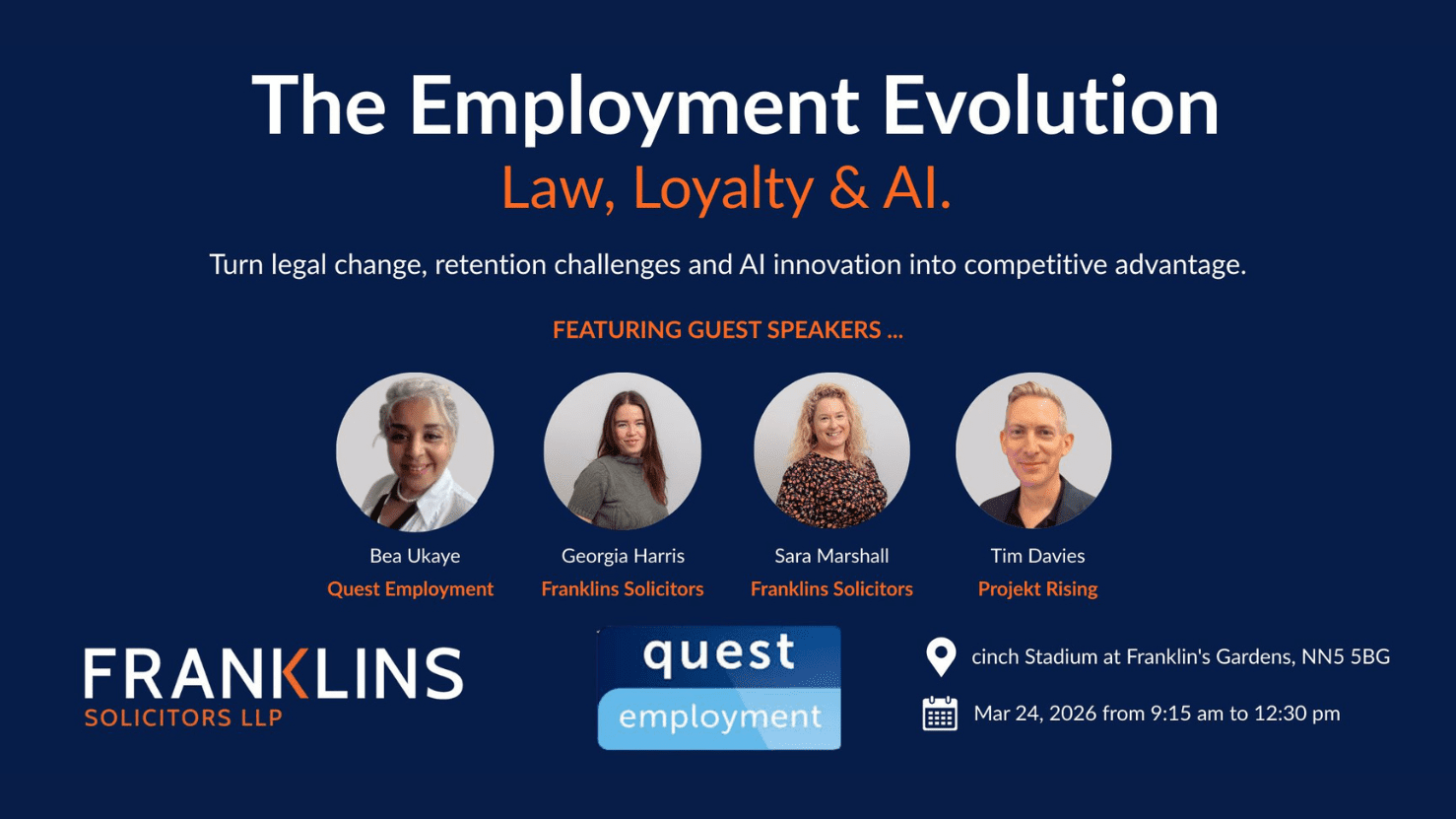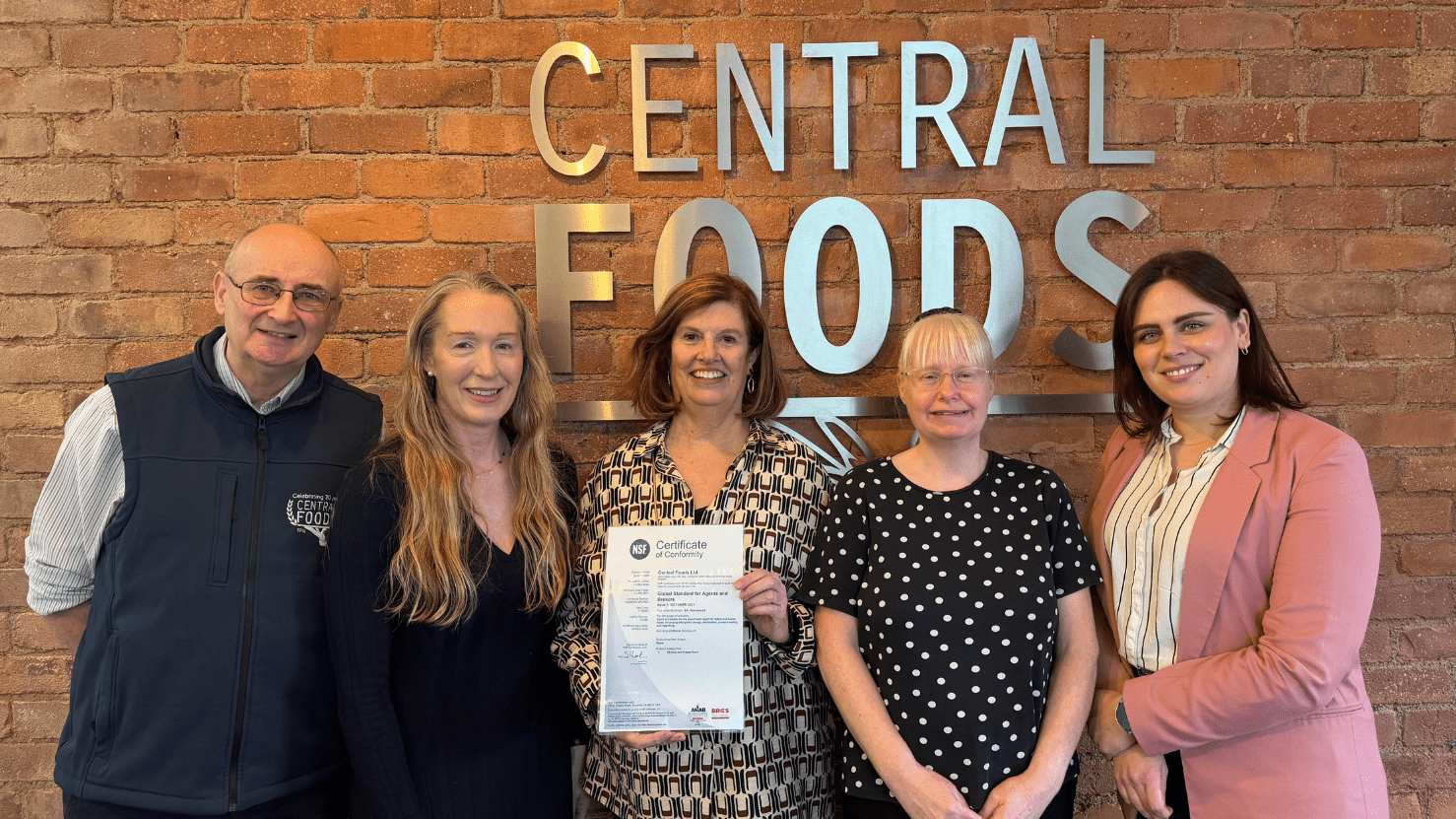When considering client vulnerability, what immediately comes to mind is a person who lacks mental capacity to manage their own affairs, perhaps most commonly an elderly client. However, there are many layers to what may make a person vulnerable, not just their capacity or frailty.
A person may become vulnerable due to their circumstances, such as a bereavement or divorce. That person may be vulnerable for a period of time, while they navigate their new life.
As a professional advisor, we need take the time to understand the person’s current circumstances and priorities, to ensure we are safeguarding their decision-making process in preparing their new will or preparing Lasting Powers of Attorney (LPAs) on their behalf.
To help safeguard a person’s wishes, there are specific legal tests to follow in respect of preparing these documents, as well as Law Society and Solicitor’s Regulation Authority guidance concerning vulnerable clients.
A person may be vulnerable because they feel overwhelmed. For example, they may be having to take on the responsibility for a loved one by acting as their attorney under an LPA. They may be having to take up their role in an emergency situation, if there has been a sudden loss of mental capacity, for example, due to a road traffic accident. Added to this, it may be the attorney’s first time of seeking legal advice about this alien concept, and as a result, they may find the process daunting.
From more recent enquiries, we are experiencing that attorneys do not necessarily understand all that is required of them when they sign their declarations as part of the preparation stage of the LPA. It is only once they begin acting that the complexities of the role become apparent, and it is important for the attorney to take professional advice to understand their legal duties.
Alarmingly, there is increasing coverage in the media surrounding financial abuse, to which vulnerability is closely linked. If you turn to online forums and social media groups, the level of misinformation surrounding attorney’s duties (particularly around gifting restrictions) and the rules surrounding care fees is concerning. It appears that attorneys are frequently overstepping the mark and this highlights that professional advisors overseeing the correct execution of the LPA is only the tip of the iceberg.
It is the role of the advisor to educate the donor surrounding their choice of attorney and the types of decision-making powers their attorney will have in order to safeguard against the above. It is important to signpost that an attorney should take advice regarding their role if they are unsure about the duties and obligations expected of them. In reality, it appears that many attorneys are not taking the advice they need, and mismanaging the donor’s funds.
The difficulty is, LPAs are easy for people to create themselves by accessing the forms online with no legal advice to guide them about the extensive powers they are conferring on their loved ones.
If a person was at a vulnerable point in their lives, and no professional advice was taken, they could be manipulated into making a bad choice of attorney. The attorney is then in a position to take advantage of the vulnerable person by financially exploiting them via the LPA.
If you require any advice or guidance in preparing LPAs, including advice surrounding the best choice of attorneys, or if you are an attorney and would like help navigating your role and responsibilities, then please get in touch.
Contact Rebecca Edmonds on 01604 625353 or rebecca.edmonds@dfalaw.co.uk or
find out more on the DFA Law website.



















